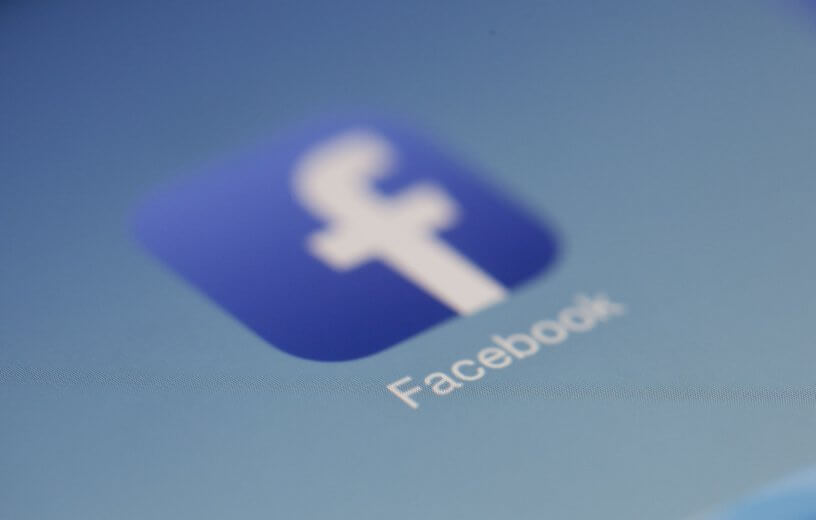EAST LANSING, Mich. — Can’t stay away from your Facebook apps? A new study may push you to dial the social media obsession down a notch. Research links excessive Facebook use with risky decision-making, a trait also seen in gambling addicts and people struggling with substance abuse.
The study, conducted by a team of researchers at Michigan State University, claims to be the first to examine the relationship between addiction to the social network and risk-taking.
“Decision making is oftentimes compromised in individuals with substance use disorders. They sometimes fail to learn from their mistakes and continue down a path of negative outcomes,” says lead author Dar Meshi in a media release. “But no one previously looked at this behavior as it relates to excessive social media users, so we investigated this possible parallel between excessive social media users and substance abusers. While we didn’t test for the cause of poor decision-making, we tested for its correlation with problematic social media use.”
For the study, Meshi and his team recruited 71 young adults ages 18 to 35 take a survey measuring their level of addiction to Facebook. They answered questions about their preoccupation with the app or site, how they feel when they’re unable to access it, any attempts to quit the network, and its impact on their job or studies.
Afterwards, participants were asked to take part in a common exercise used by psychologists to measure one’s decision-making, the Iowa Gambling Test. The exercise has individuals pick cards from four different decks, with each card either rewarding them with play money or punishing them by taking the money away from them. Two decks tended to have cards with higher reward, but also higher risk. The other two decks used cards with lower rewards and lower punishments. Each participant performed 100 trials of the task and were told to make as much money as they could.
The authors found that people who demonstrated “more severe, excessive” Facebook use were more likely to perform worse on the task by choosing from bad decks. Conversely, the better they fared on the task, the lower the obsession with the social network. The results were likened to those from people addicted to opioids, cocaine, or methamphetamine.
“With so many people around the world using social media, it’s critical for us to understand its use,” says Meshi. “I believe that social media has tremendous benefits for individuals, but there’s also a dark side when people can’t pull themselves away. We need to better understand this drive so we can determine if excessive social media use should be considered an addiction.”
The findings were published in the Journal of Behavior Addictions.
